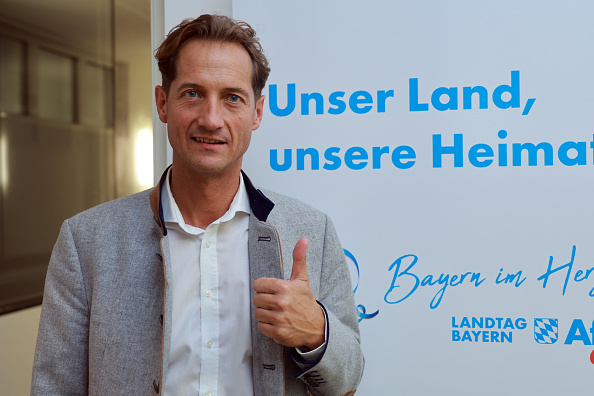Germany and Italy torpedoed a European Union law at the last minute that would have made companies liable for human-rights abuses in their supply chains – such as those revealed in China’s Xinjiang region.
The European Council had reached agreement on the law in December but, late on February 28, Berlin and Rome unexpectedly objected, saying the measure would hurt their industrial bases.
As well as requiring companies to take responsibility for human-rights abuses in their supply chains, the proposed law was also designed to let campaigners sue firms in court if found guilty of such.
France had tried to secure the law’s passage by restricting its scope and raising the threshold of the number of employees or revenues to which it could be applied.
But, it seems that given two of the very largest German companies were potentially in the firing line should the legislation have been implemented, the French rescue attempt was unsuccessful.
German multinationals Volkswagen and Ludwigshafen-based chemical maker BASF have been criticised over their plants in China allegedly employing forced labour using members of the Uyghurs, a Turkic ethnic group.
Most Uyghurs have been confined in a vast network of re-education camps following a crackdown by China’s leader Xi Jinping that began in 2017.
A 2018 ABC News investigation found an estimated two million Uyghurs and other Muslims had been rounded up and detained in at least 28 camps where they are forced to undergo patriotic training and “de-extremification”, according to witnesses and human rights groups.
German Chancellor Olaf Scholz’s smallest coalition partner, the more pro-industry Free Democrats, said on February 1 it would remove support for the law.
Under Germany’s tri-coalition agreement, all three parties’ consent is needed for the Government to take an official position at EU level.
In turn, the Council needed a “qualified majority” of 15 countries representing 65 per cent of the EU’s population for the measure to move to final approval in the European Parliament, where it had already been initially accepted.
In the February 28 vote,13 members abstained, with one voting against.
The proposed legislation, called the corporate sustainability due diligence directive, would have come into force in 2027 had it passed.
Companies would also have had to identify and remedy child-labour and “severe environmental damage”, such as deforestation, in their supply chains.
Many of the world’s biggest carmakers also buy aluminium sourced in Xinjiang, said a February 1 report by Human Rights Watch.
A Volkswagen test-track was built in the Chinese city of Turpan, allegedly using Uyghur forced labourers dressed in military uniforms, Adrian Zenz, Director of Victims of Communism Memorial Foundation, a Washington, DC-based NGO, said on X in February 14.
The “evidence directly implicates Volkswagen in forced labour”, he claimed.
The US moved in 2021 to bar the import of any goods from China manufactured using forced labour.
In February, as a result of the Uyghur Forced Labour Prevention Act of 2021, Volkswagen Group had deliveries of thousands of Audi, Porsche and Bentley vehicles stopped at five US ports because they contained components originating in Xinjiang.
Activists dressed as handcuffed Uyghur labourers protested at Volkswagen’s annual shareholders’ meeting in Berlin on May 10 last year.
One of them threw an object that appeared to be cake at the company’s Chairman Hans Dieter Poetsch, forcing him to duck, while he was giving his speech.
Rushan Abbas, founder of the Campaign for Uyghurs, whose sister has been detained in China since 2018, stated: “Businesses now are more concerned with currying favour with the genocidal [Chinese] regime rather than upholding ethical standards.”
Brussels-based China analyst Sari Arho Havrén added: “When has the EU ever been able to follow its ‘famous’ values in one go?”
In a joint statement, a group of 136 campaign bodies described the law’s failure as a “deplorable setback”.





